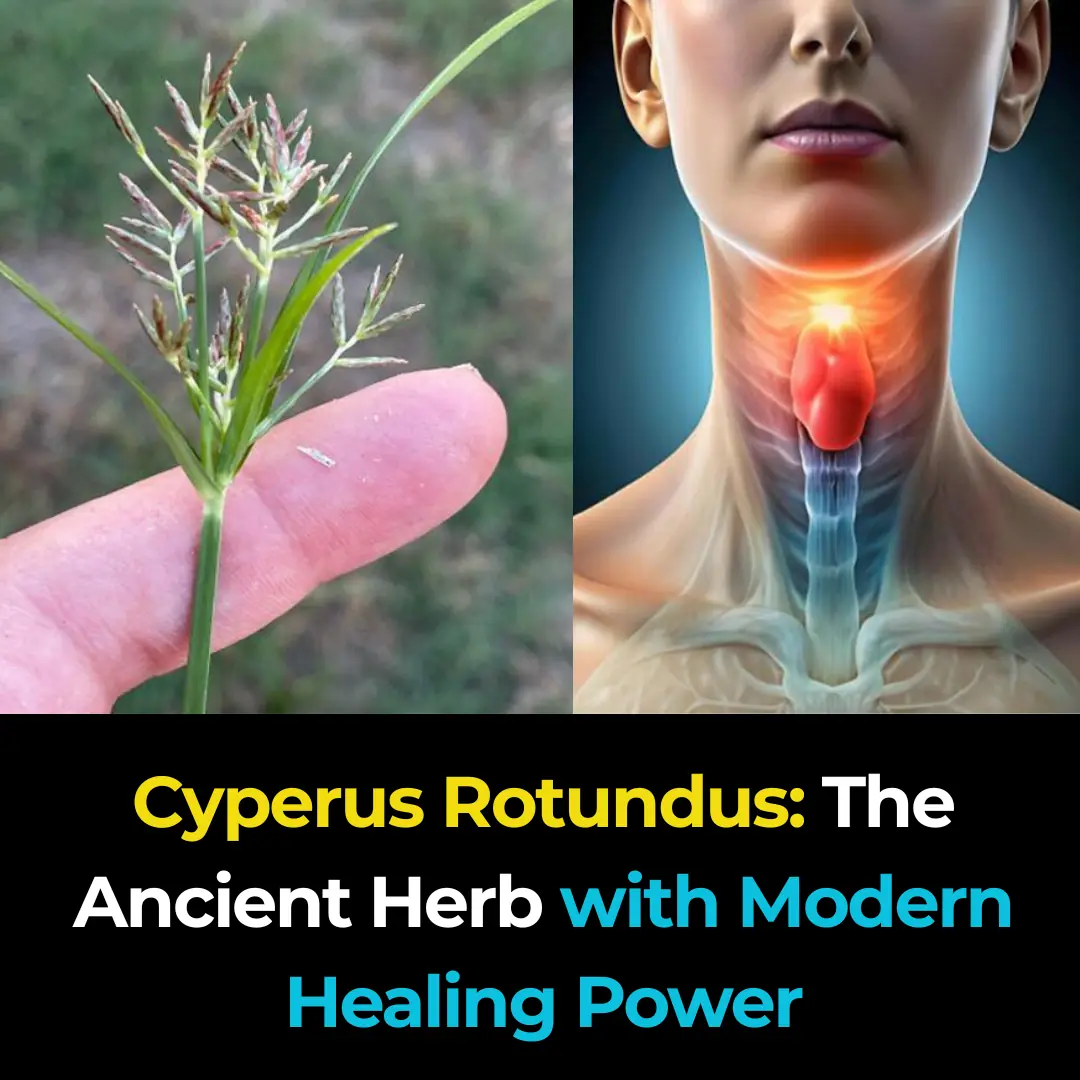
Scientists discover ‘stealth bacteria’ from your mouth are hiding in your arteries and triggering heart at:tacks
When you think about the causes of a heart attack, your mind probably jumps to high cholesterol, stress, or high blood pressure. But what if there's a hidden threat lurking in your arteries, originating from something as simple as your daily tooth-brushing routine? New research from Finland reveals that common mouth bacteria can form stealthy colonies inside heart arteries, evading your immune system until they suddenly activate, triggering inflammation that can lead to a deadly heart attack.
This groundbreaking study, published in the Journal of the American Heart Association, examined arterial tissue from over 200 individuals, including victims of sudden death. Scientists discovered that these oral bacteria, known as viridans streptococci, create hidden communities called biofilms within arterial plaques. These colonies can remain undetected for years before dispersing and triggering an inflammatory cascade that can rupture an artery.
Key Takeaways
-
Hidden Bacterial Colonies: Researchers discovered that common mouth bacteria can form biofilms inside arterial plaques in the heart.
-
Dormant Bacteria: These bacterial colonies can lie dormant for years, evading the immune system and resisting antibiotics.
-
Inflammatory Trigger: When activated, these bacteria can trigger intense inflammation, causing plaque rupture and potentially leading to a heart attack.
-
New Strategies for Prevention: The findings suggest that preventing heart attacks may require targeting these bacterial biofilms, in addition to managing cholesterol.
How Mouth Bacteria Reach Your Heart
The bacteria at the center of this discovery, viridans streptococci, are normal inhabitants of your mouth. They are among the first to colonize your teeth and form dental plaque. But how do they travel from your mouth to your heart? They can slip into your bloodstream during everyday activities like chewing, dental cleanings, or even just brushing your teeth, especially if you have inflamed gums.
While your body typically clears these bacteria from the blood quickly, this study shows they can find a permanent home inside the rough, uneven surfaces of atherosclerotic plaques in your arteries. Once there, they form sophisticated communities called biofilms—protected shields that antibiotics can’t easily penetrate and immune cells can't detect.
From Hidden Colonies to Sudden Activation
For years, these bacterial biofilms can exist as undetected squatters. The study found that macrophages, immune cells designed to identify and destroy invaders, are completely blind to these hidden colonies. The bacteria essentially live in stealth mode.
However, these colonies don’t always stay silent. Researchers believe certain unknown factors can “activate” the biofilm, causing it to release more aggressive, free-floating bacteria. Once these activated bacteria disperse, your immune system finally detects the threat and launches a massive inflammatory response. This sudden immune reaction releases enzymes that break down and weaken the structure of the arterial plaque, making rupture—and a heart attack—much more likely.
Why Past Antibiotic Treatments May Have Failed
This discovery may explain a long-standing medical mystery. For decades, scientists suspected a link between infections and heart disease, but large clinical trials using antibiotics to prevent heart attacks have mostly failed. This left many experts questioning the infection theory.
The existence of biofilms provides a clear explanation. Bacteria hidden inside a biofilm are in a dormant, protected state, making them highly resistant to antibiotics designed to target active, free-floating bacteria. The researchers noted that the failure of past antibiotic trials is likely due to the fact that antibiotics are ineffective against these entrenched, hidden colonies.
A New Way to Look at Heart Attack Prevention
This research challenges the traditional view of heart attacks as being caused solely by cholesterol and lifestyle factors. It suggests that a long-dormant bacterial infection inside artery walls could be the real trigger. This may explain why some people with seemingly healthy cholesterol levels still suffer from sudden, fatal heart attacks.
Good oral hygiene is now more important than ever, as it reduces the chances of bacteria entering your bloodstream. However, once a biofilm is established, it can remain hidden for years, acting as a dangerous trigger. In the future, preventing heart attacks might go beyond managing blood pressure and cholesterol. New strategies may emerge to detect, disrupt, and destroy these harmful bacterial biofilms lurking in our arteries.
News in the same category


A Scientific Look at Oregano’s Role in Supporting Wellness
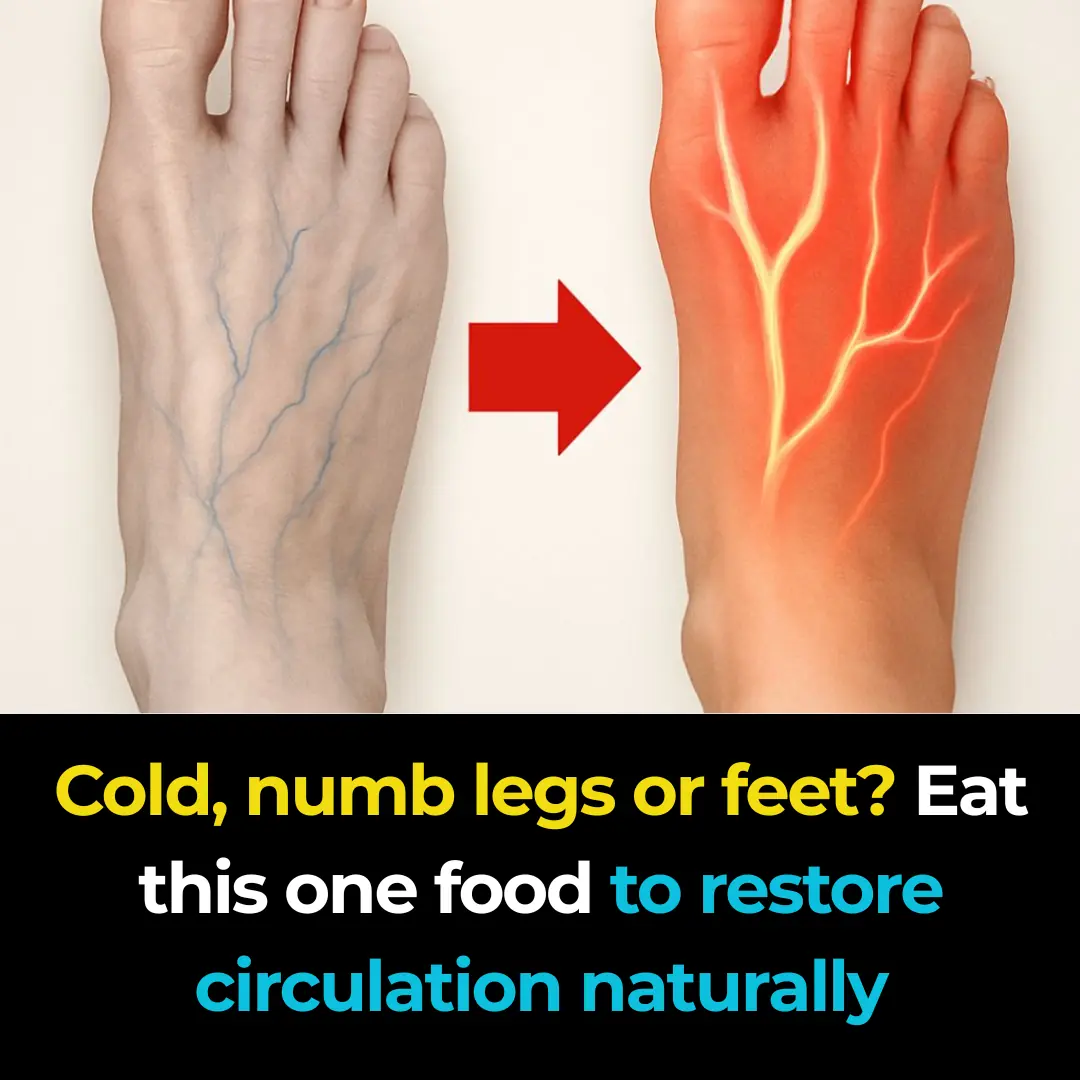
Cold, numb legs or feet? Eat this one food to restore circulation naturally

Tomato Extract: Better And Safer B::lood Thinner Than Aspirin
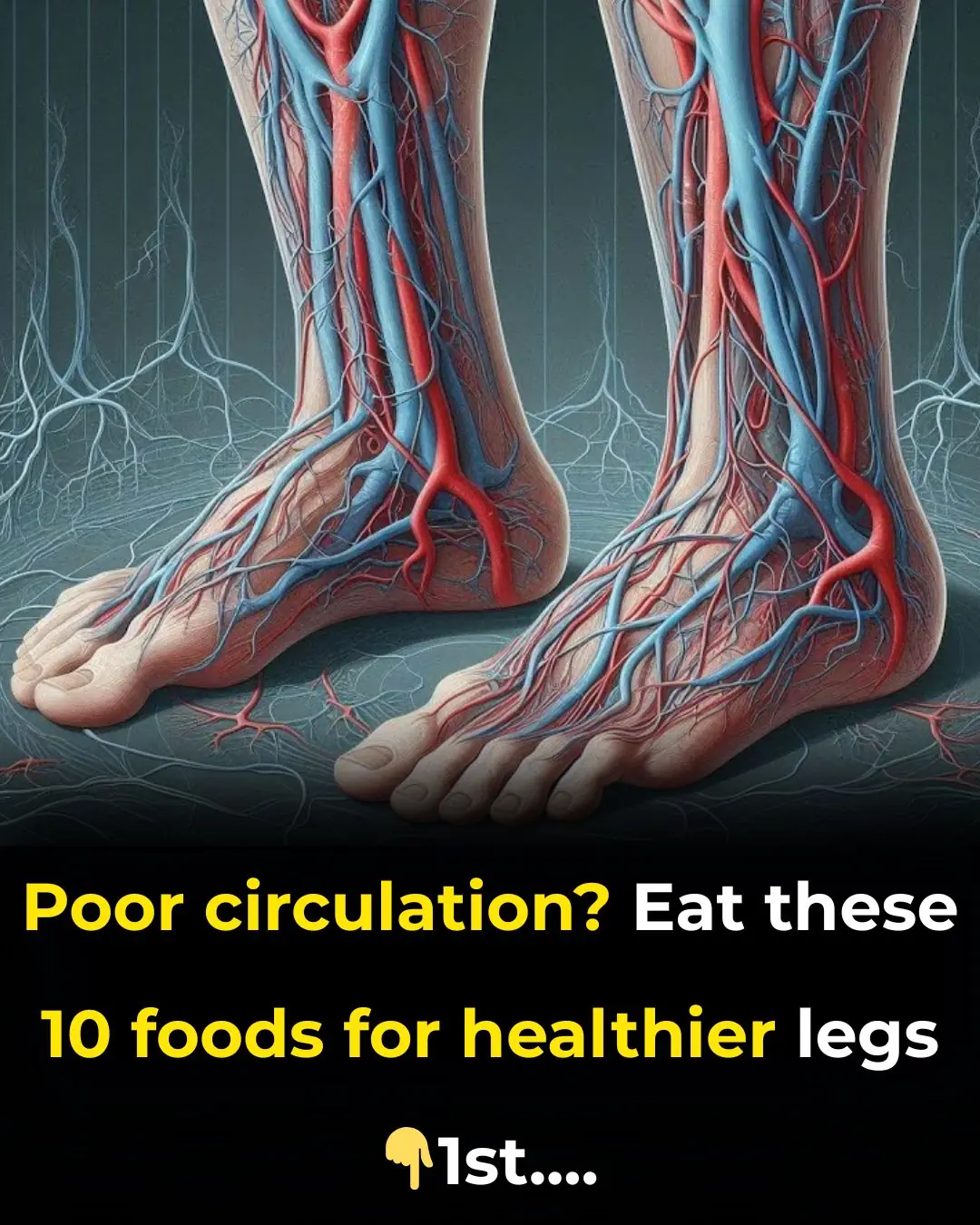
Top 10 foods that improve blood circulation in legs
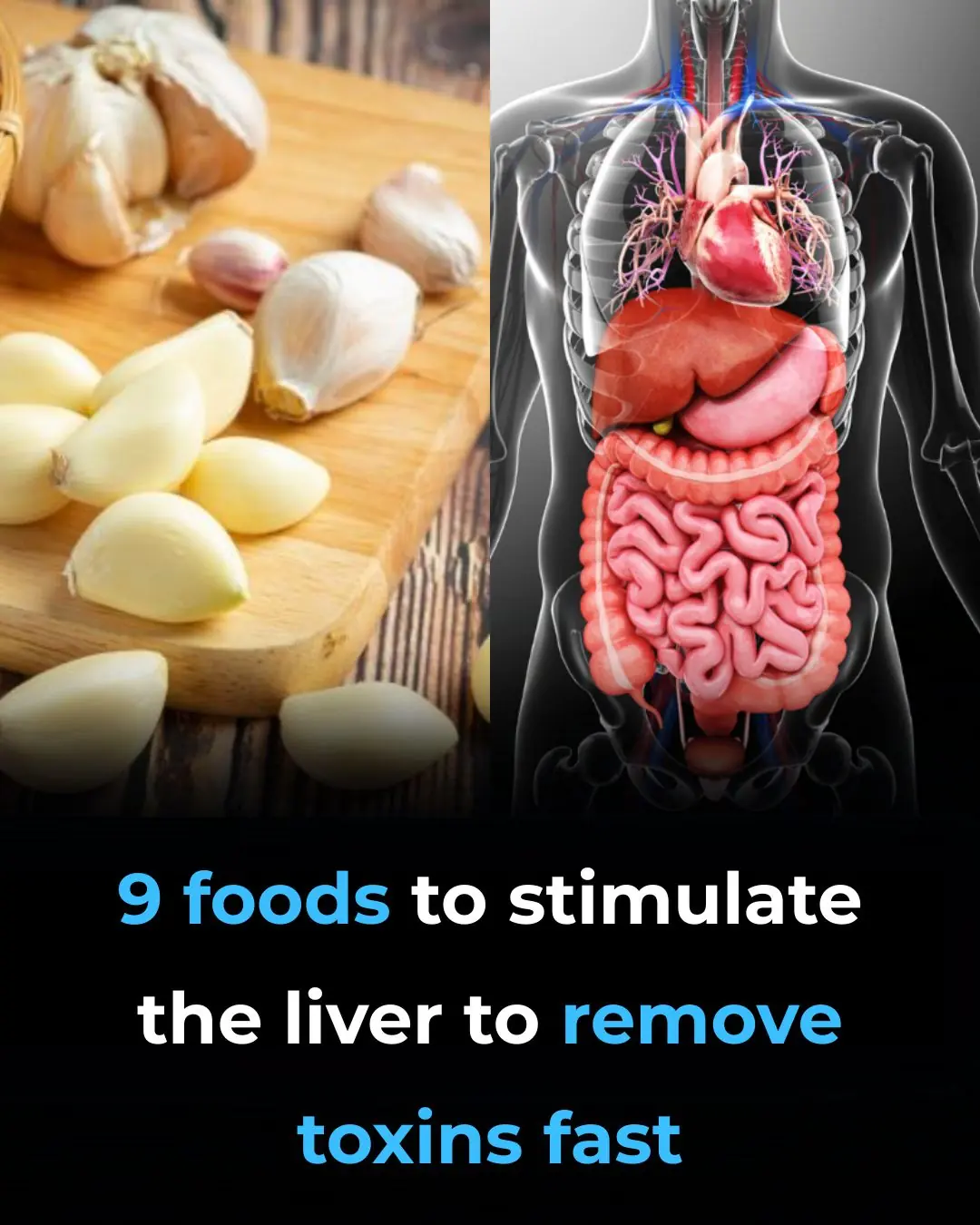
Foods to Stimulate the Liver to Remove Toxins Fast
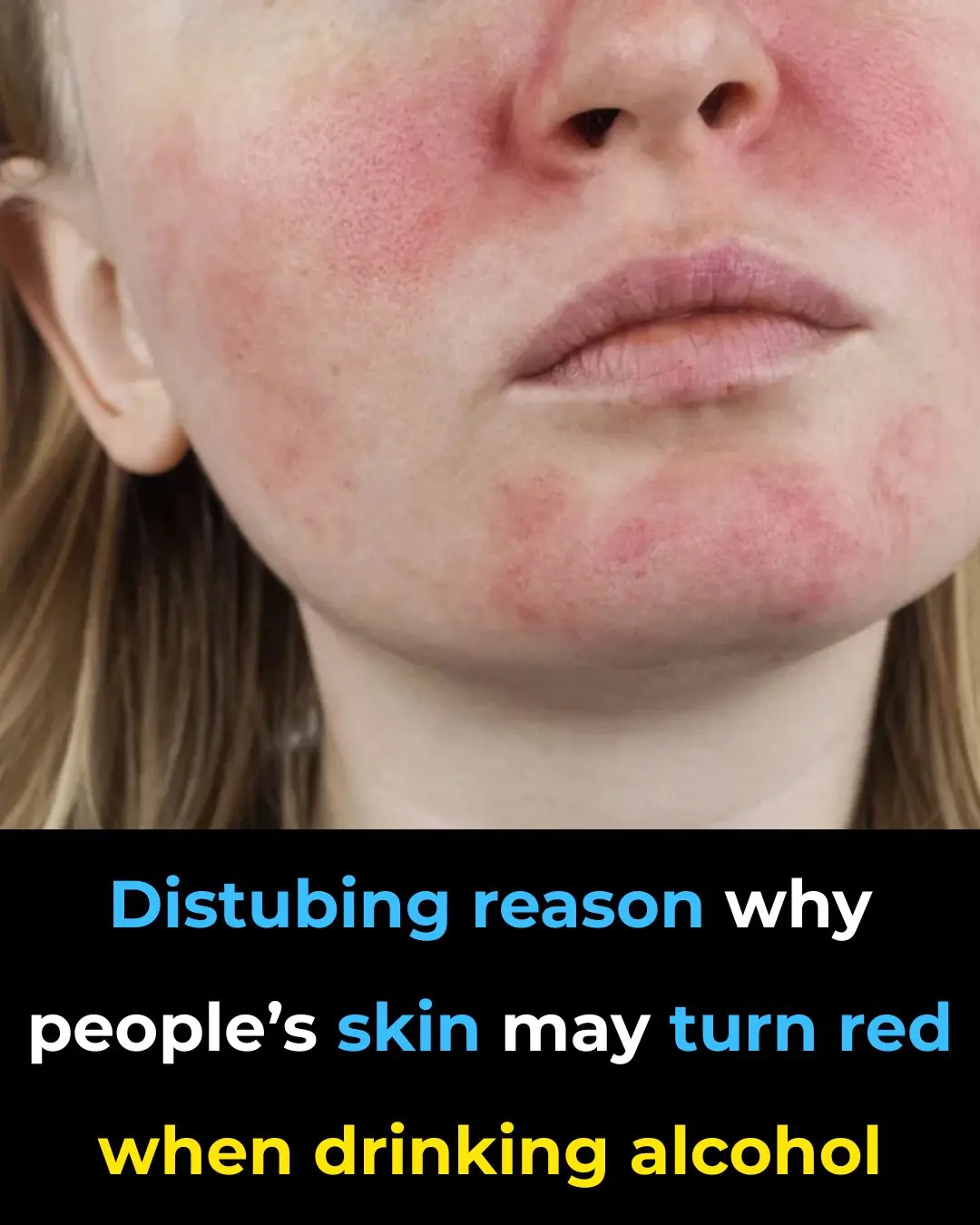
Why Some People’s Skin Turns Red When Drinking Alcohol
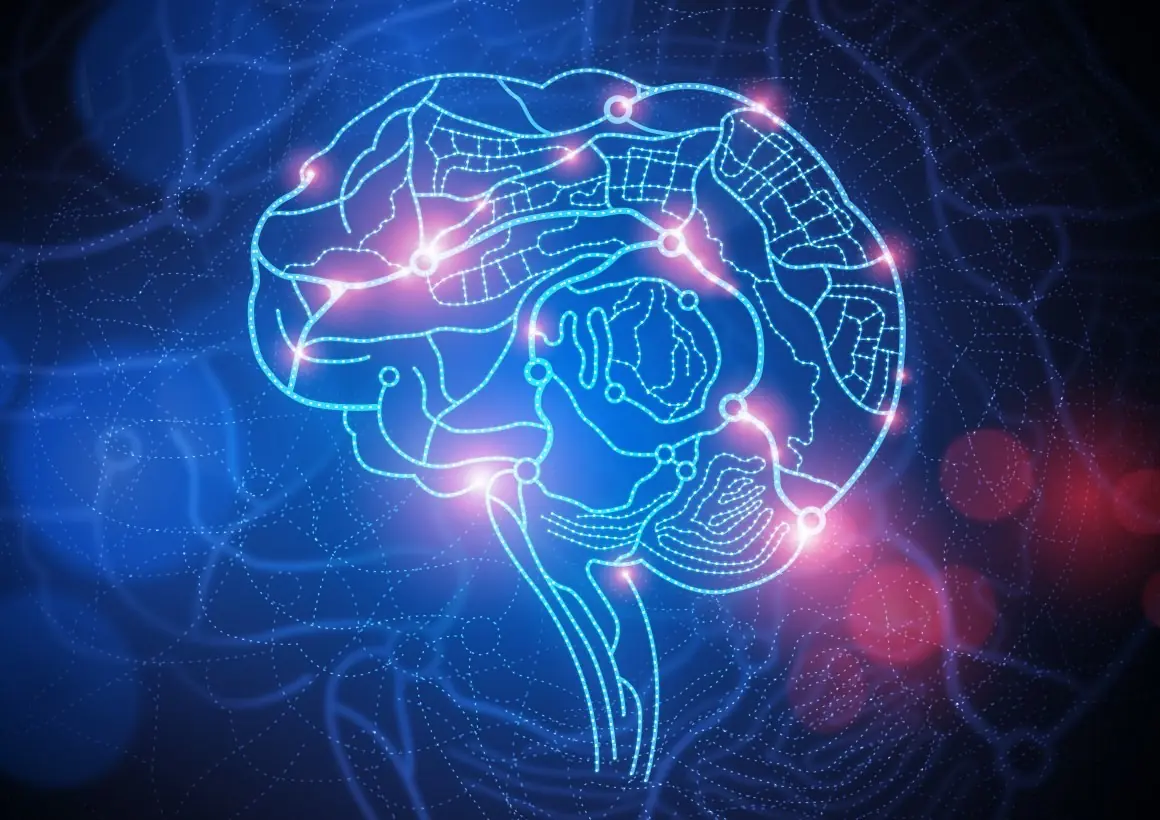
Things That No Longer Appeal to People With High IQs as They Age

10 Strange Habits of Highly Intelligent People That Others Just Don’t Understand, According to Psychology
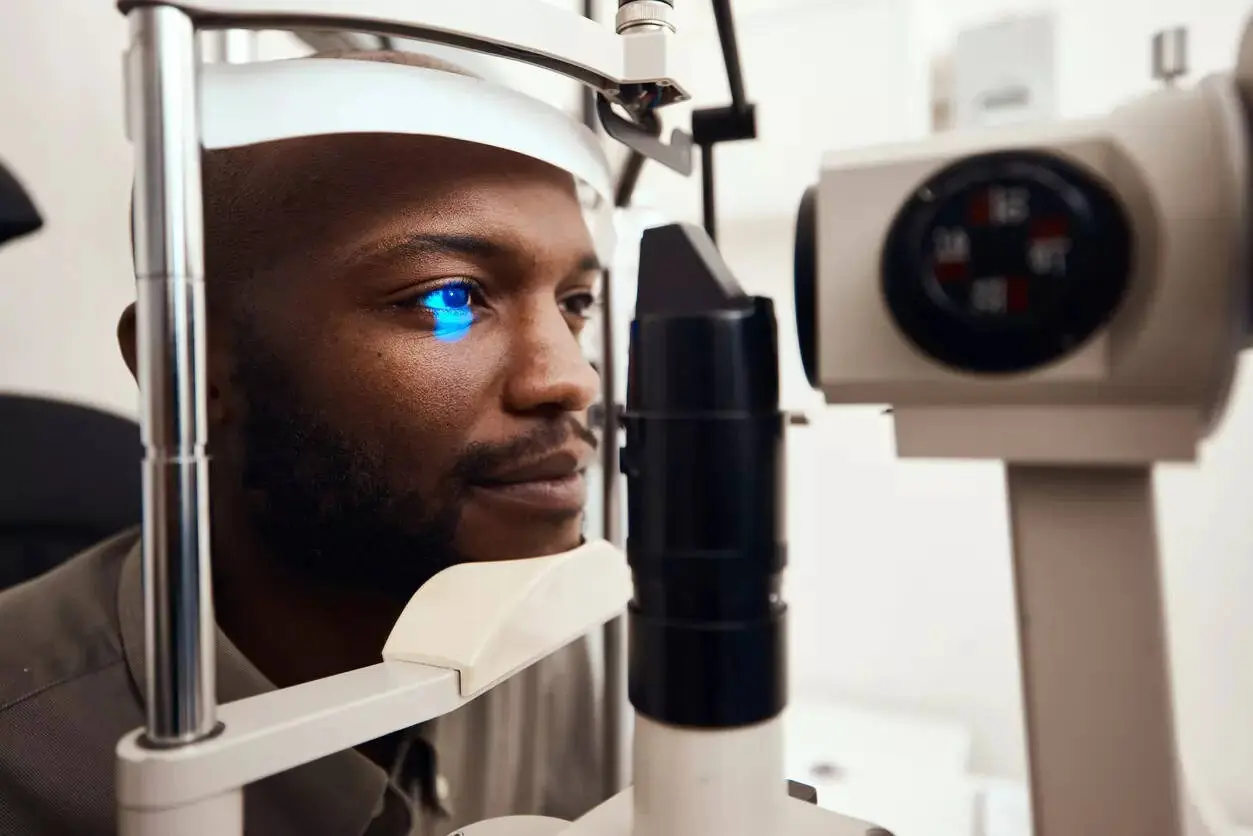
Laser-Free Eye Surgery Could Correct Vision With Electrical Currents

Children Who Are Hugged Often Have Stronger Immune Systems, Studies Show

Why Charging Your Phone Overnight Might Be a Bad Habit
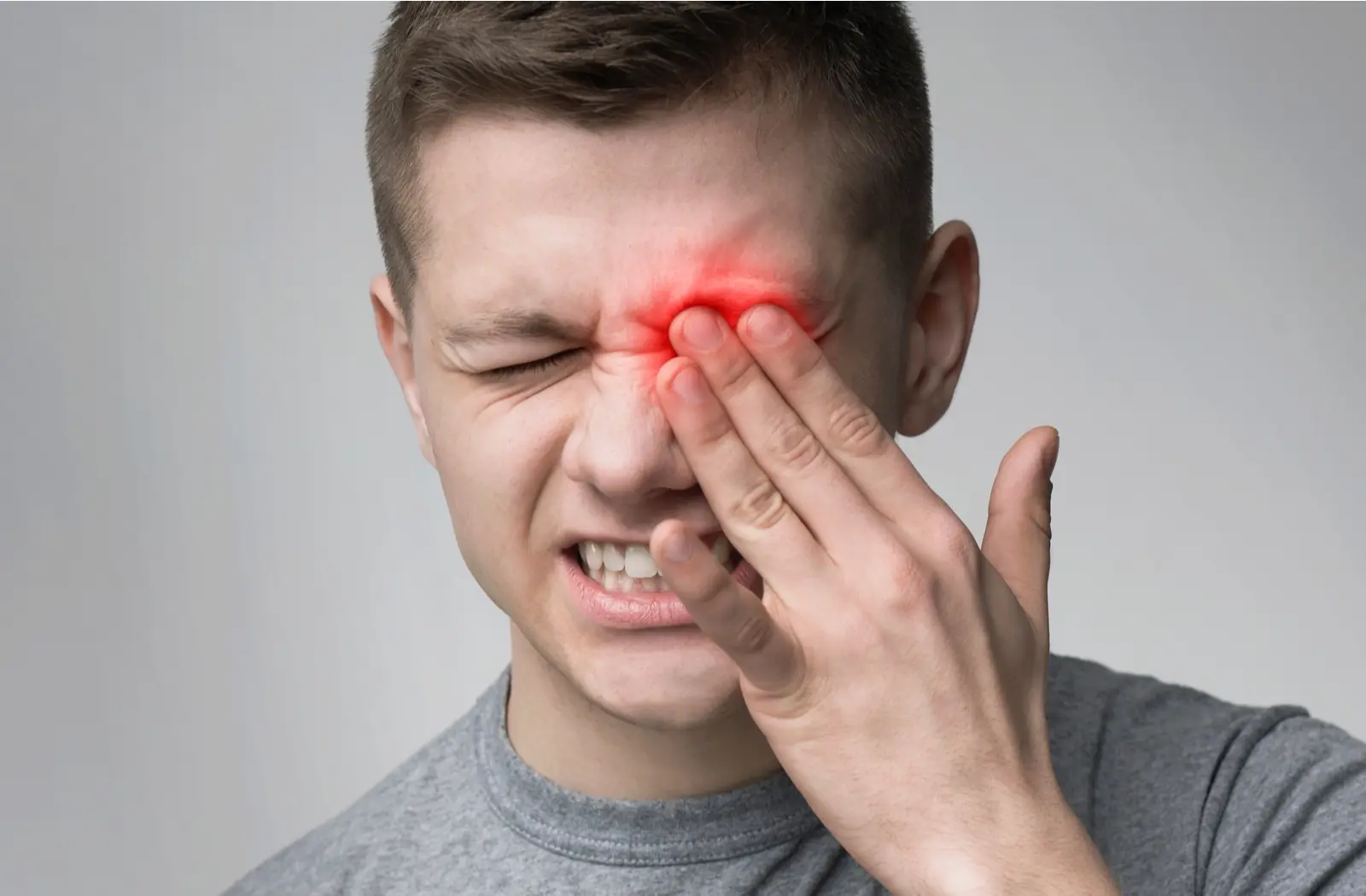
Blurred Vision in One Eye and a Headache: Don't Ignore These Warning Signs

Why a Hard-Boiled Egg Before Bed Could Be a Game-Changer for Sleep and Metabolism
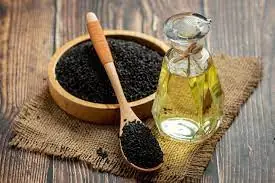
Proven Health Benefits of Black Seed and Black Seed Oil

1 cup that instantly wakes your kidneys up and strengthens them naturally
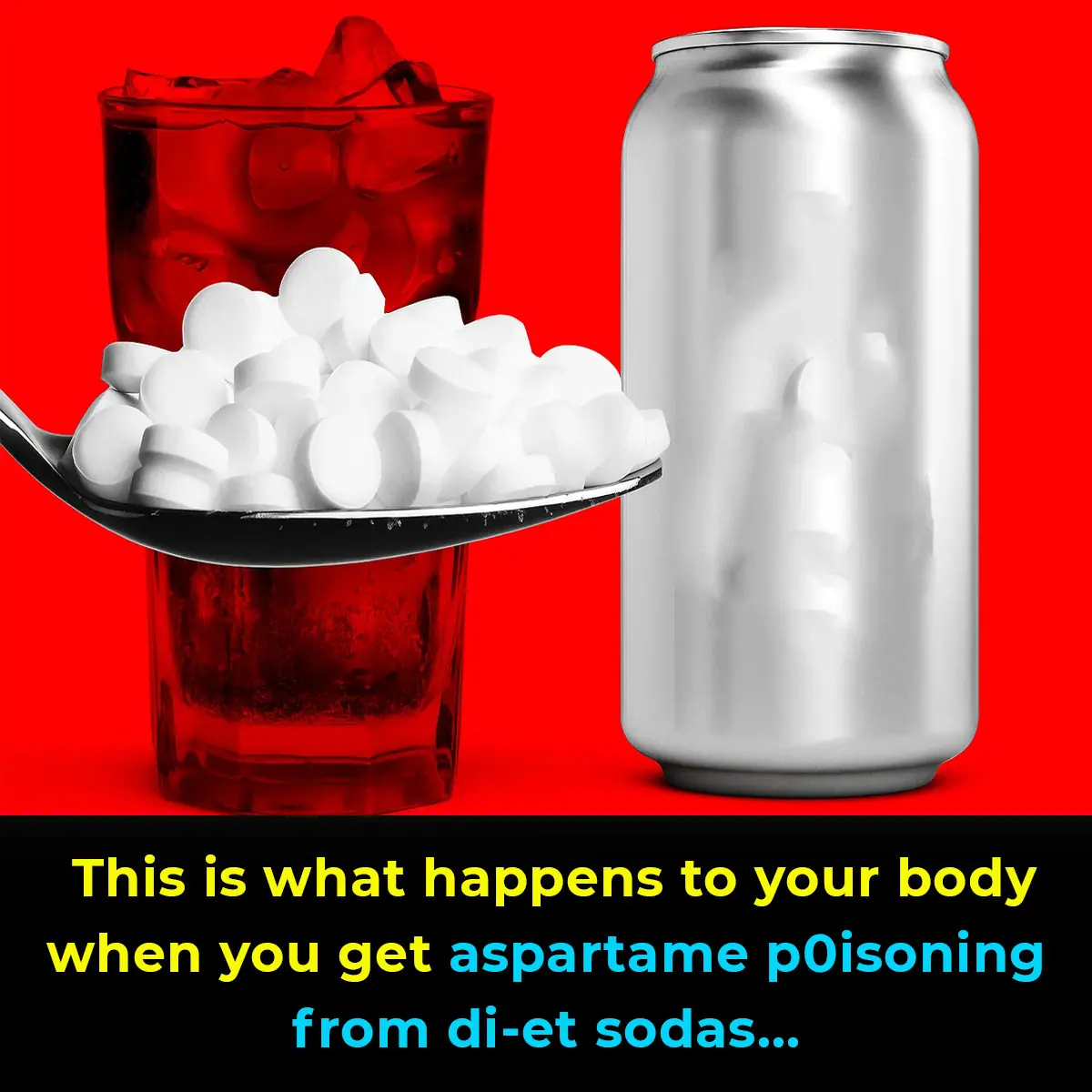
This Is What Happens To Your Body When You Get Aspartame Poisoning From Diet Sodas
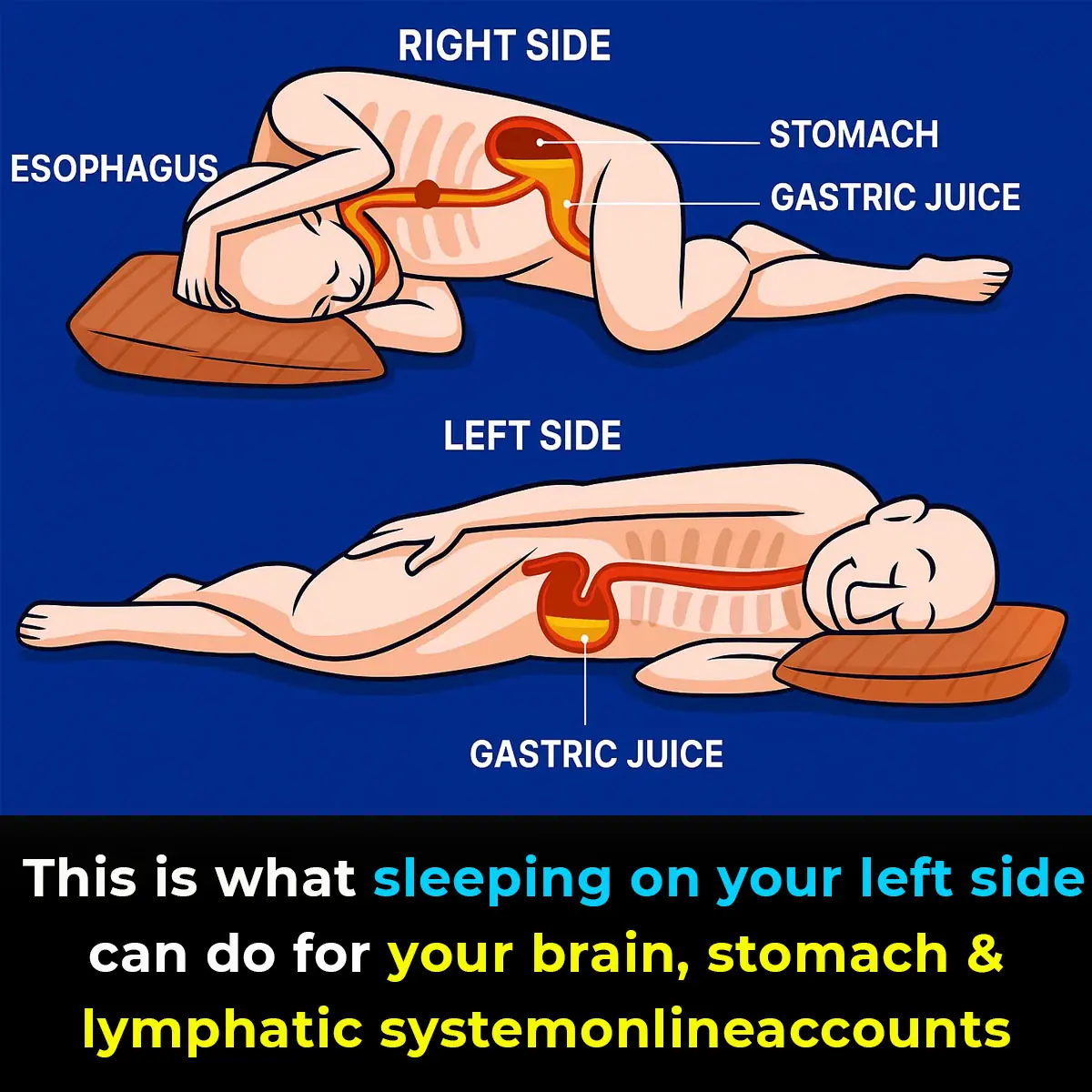
This is what sleeping on your left side can do for your brain, stomach and lymphatic system
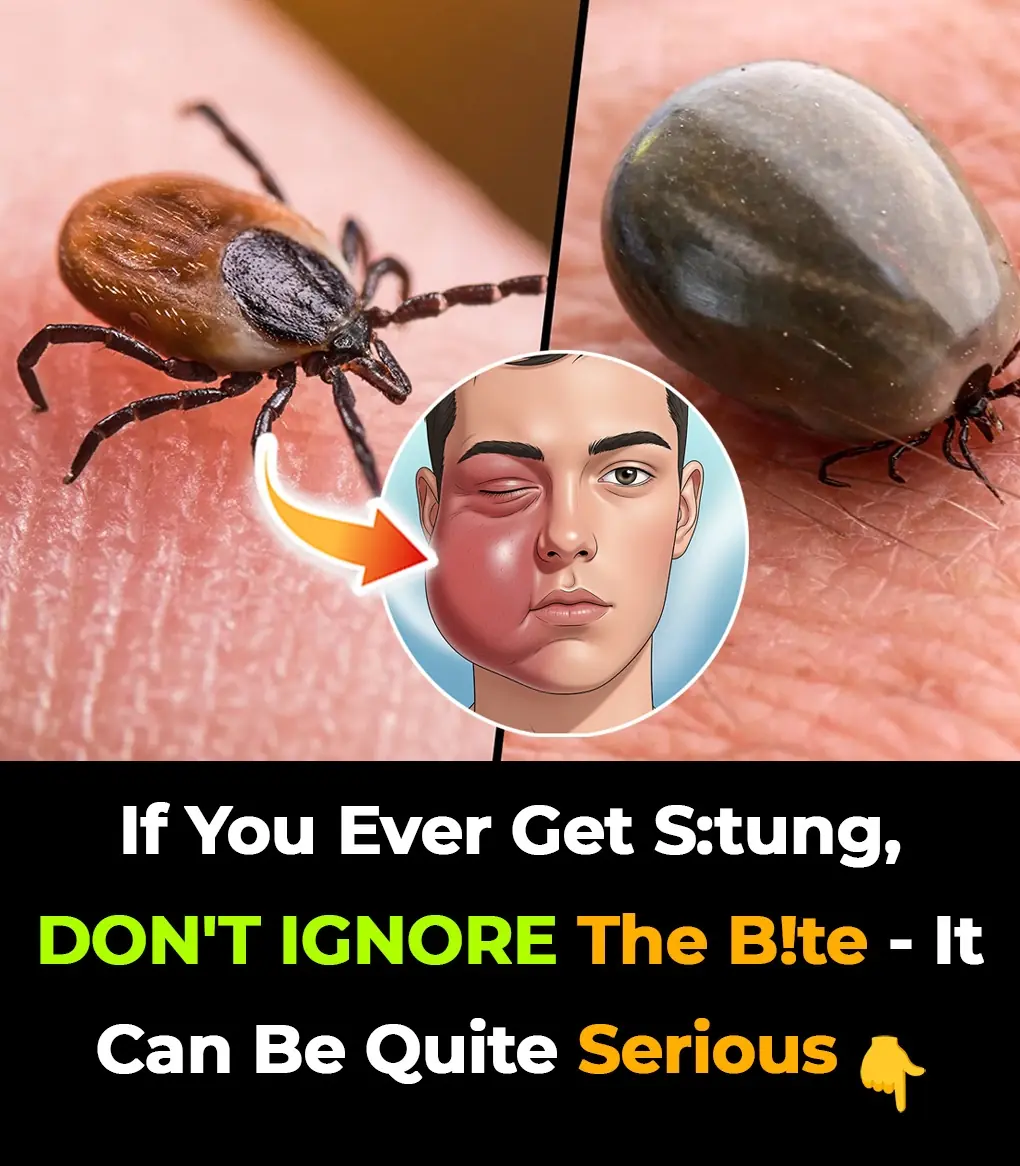
Kissing Bug Bites: Silent Home Invaders Spreading Hidden Health Risks
Summer is a season of sunshine, fun, and outdoor adventures—but it also attracts some unwelcome guests. Alongside mosquitoes and ticks, another insect is drawing concern: the kissing bug. Despite its gentle-sounding name, this creature poses a very real
News Post

How surgeon who amputated his own legs was caught as he's sentenced to 32 months in prison

PlayStation handing out rare refunds to gamers over popular new game

🌿 17 Health Conditions That May Benefit from Guava Leaf Tea + Easy Homemade Recipe
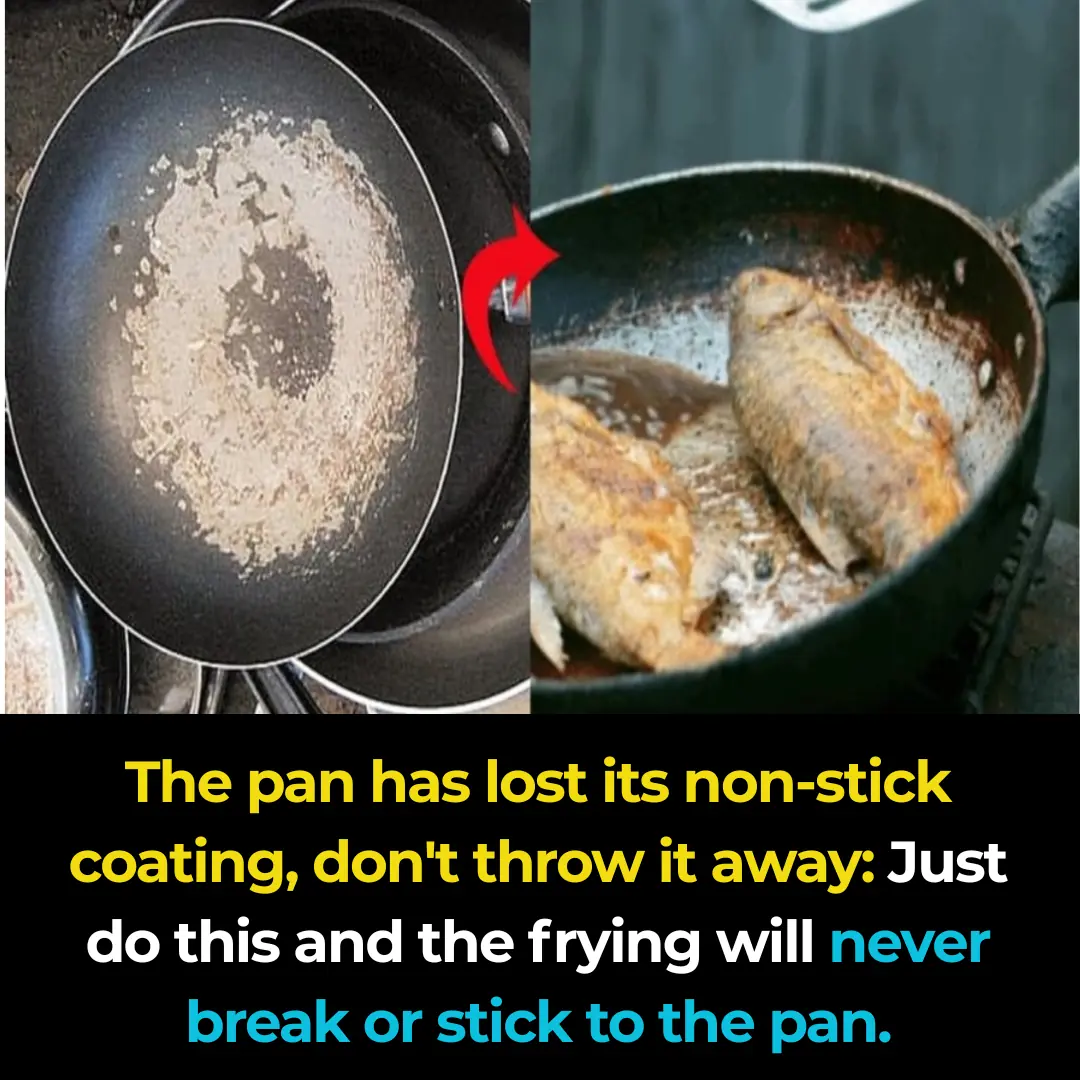
If your non-stick pan has lost its coating, don't rush to throw it away: Just do this, and you can fry and cook without it sticking or falling apart.

The golden 4-hour window for drinking coffee helps your body gain maximum benefits: detoxifying the li:ver and promoting smooth digestion.
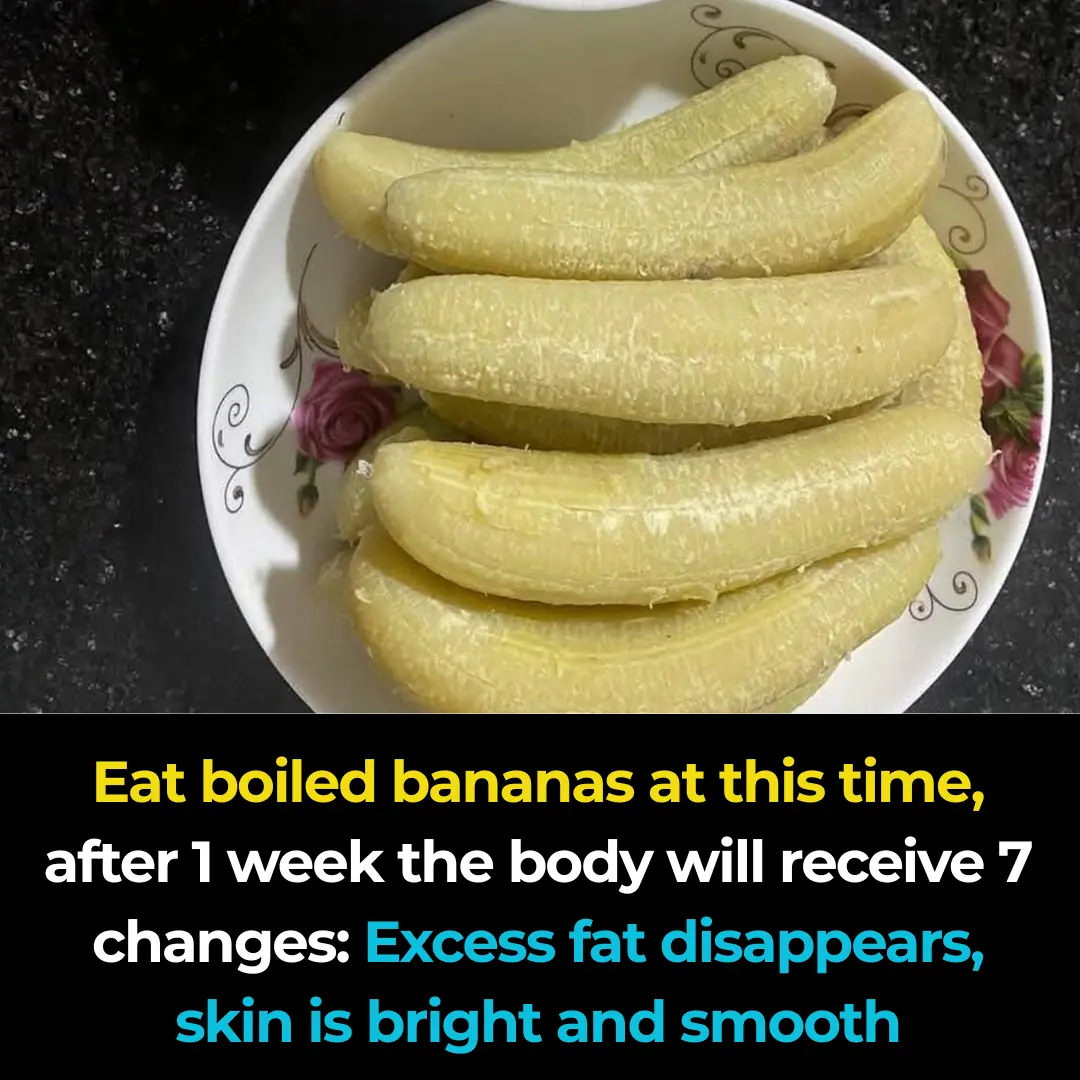
Eating boiled bananas at this time, after just 1 week, your body will experience 7 changes
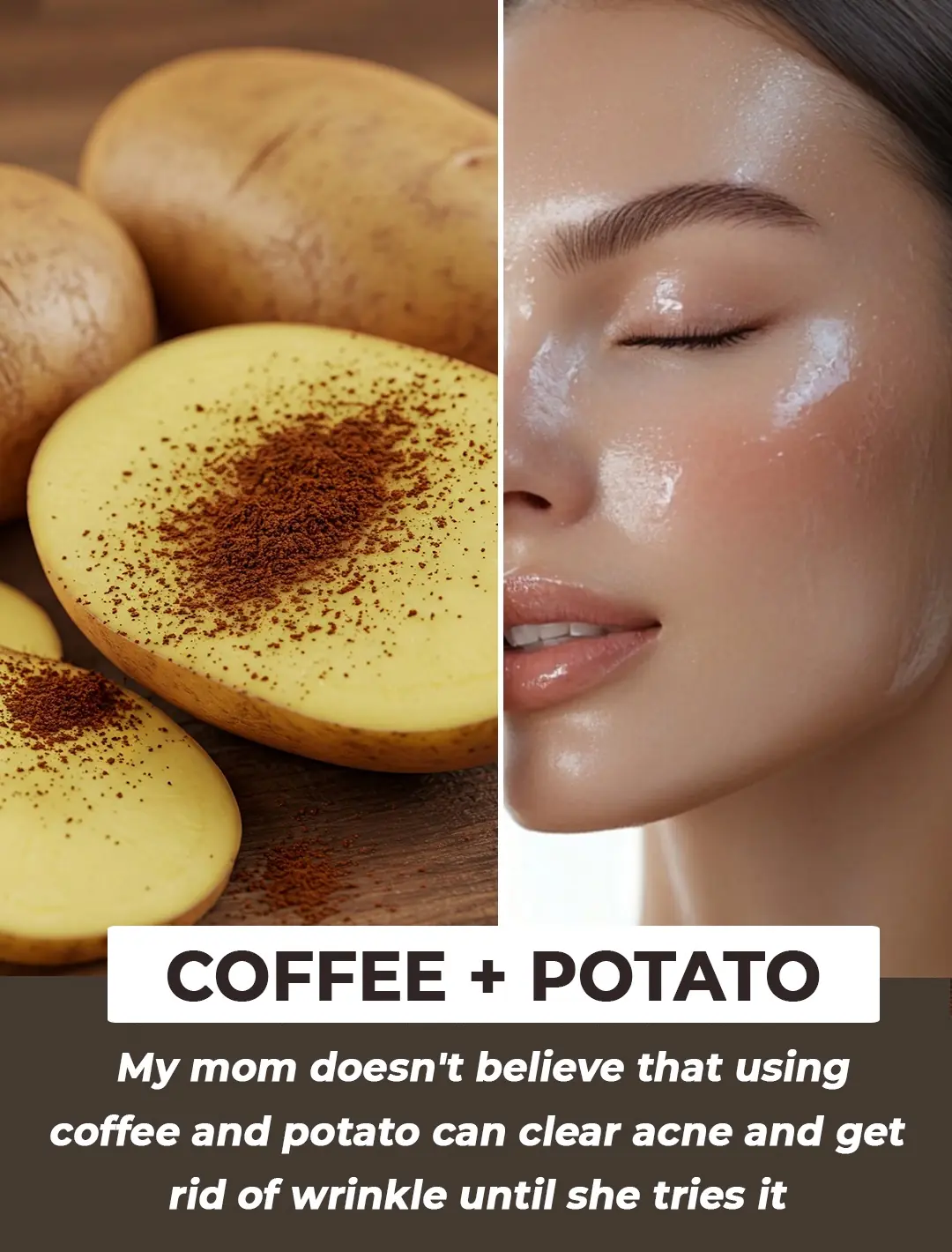
Add potato to coffee to get rid of wrinkles in just 1 week

Homemade Rice water & Methi Dana Toner for Glowing Skin

The DIY anti-ageing cream that is very effective to get rid of wrinkles and fine lines on your face

Herbal Remedies for Strong, Lush Hair: Easy Recipe Everyone Can Make At Home
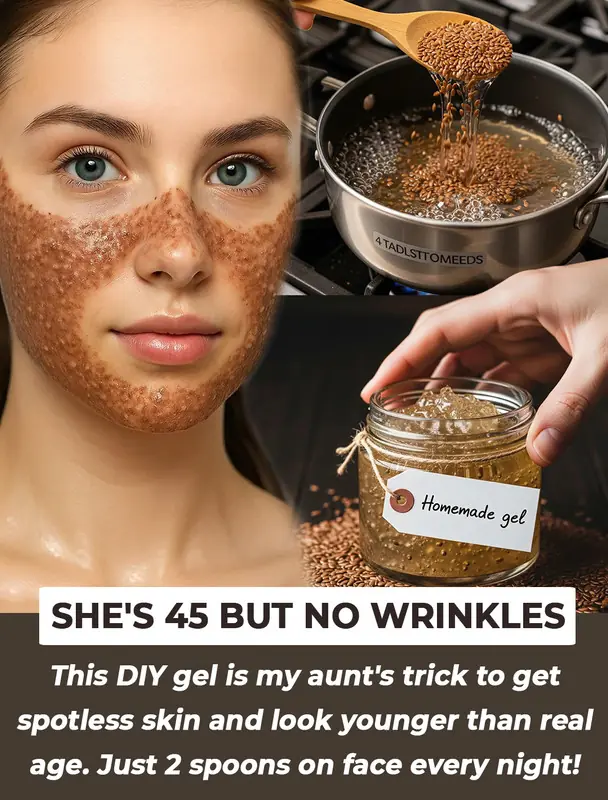
Flaxseed Gel for Wrinkles: The Natural DIY Solution for Smoother, Youthful Skin

10 Tomato Slice Skincare Remedies for Wrinkles, Pores, and Glowing Skin: Natural DIY Treatments

Super Effective DIYs to Achieve Soft, Pink, and Perfect Lips

A Scientific Look at Oregano’s Role in Supporting Wellness

Reverse Hair Greying Naturally: Effective Treatments and Remedies for Restoring Hair Color
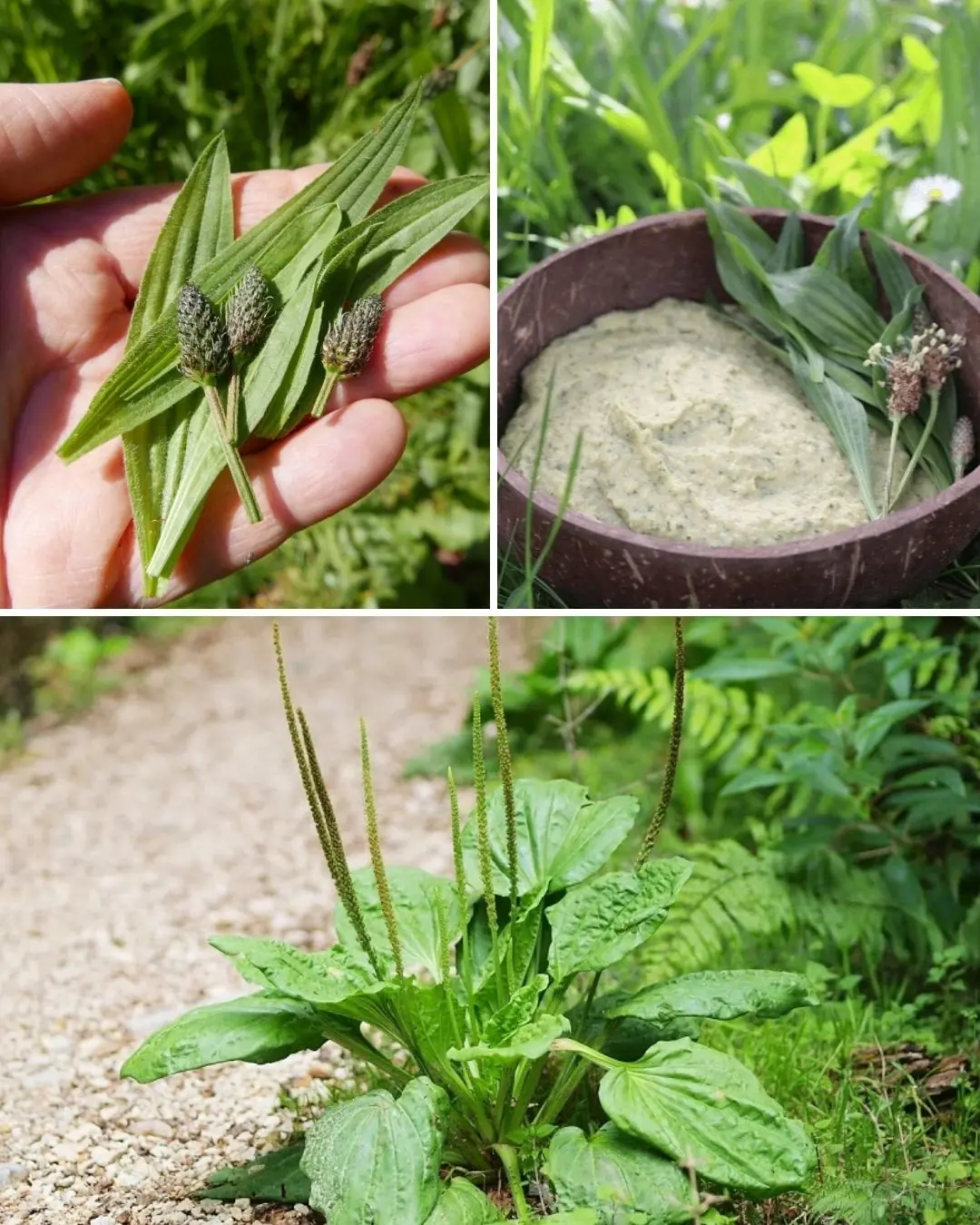
The Incredible Benefits of Plantago lanceolata and How to Use It
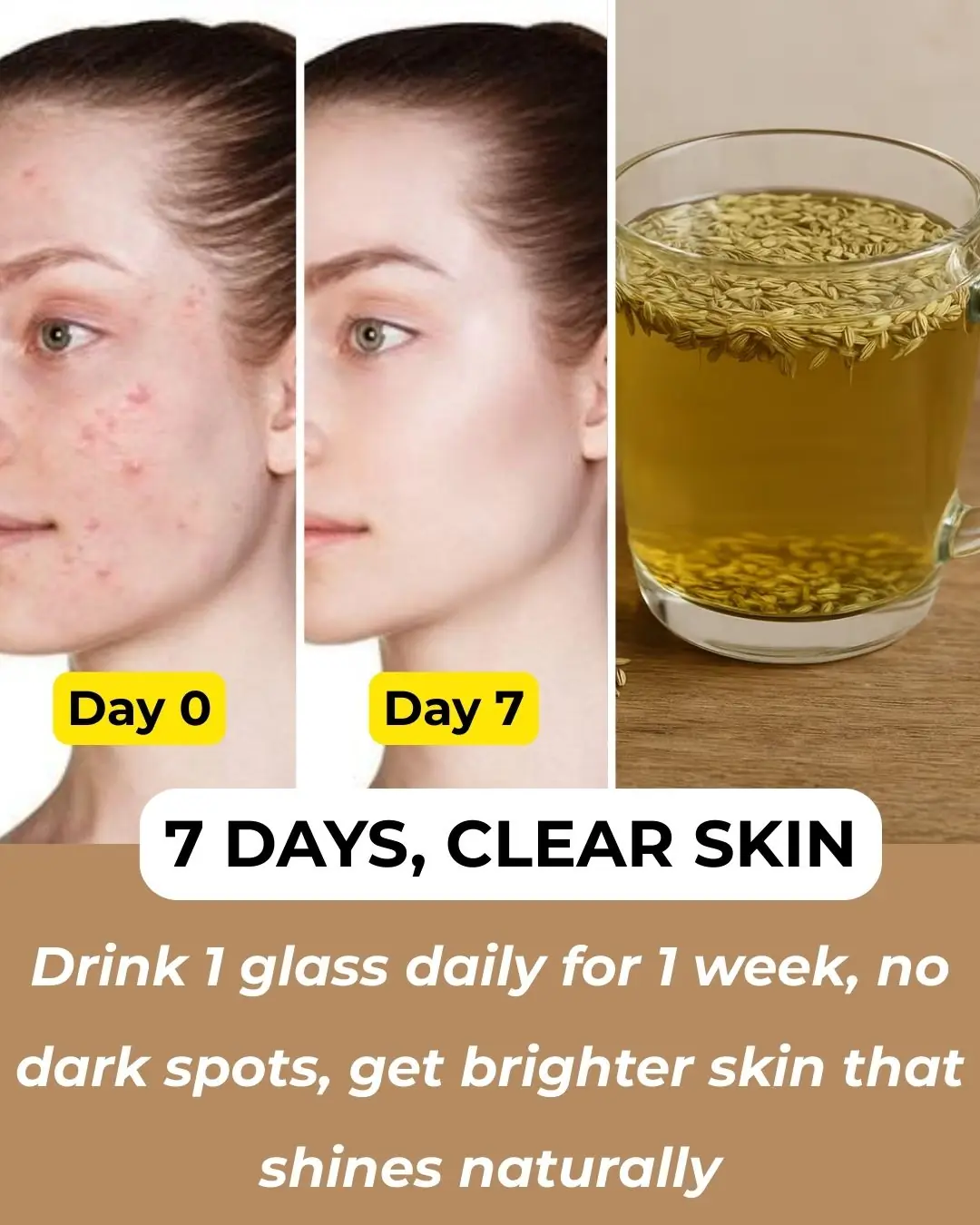
CCF Detox Drink For Glowing Flawless Skin
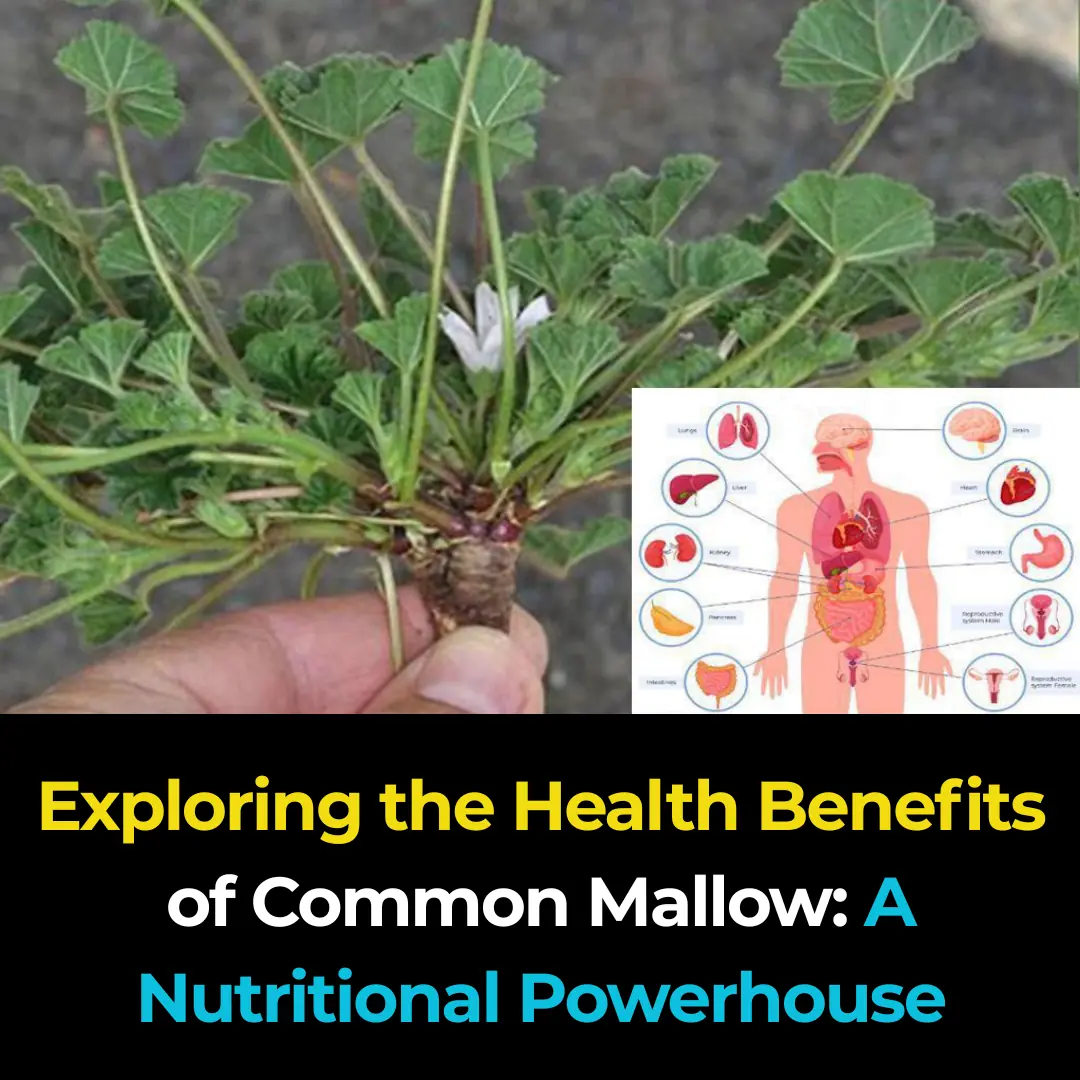
Exploring the Health Benefits of Common Mallow: A Nutritional Powerhouse
